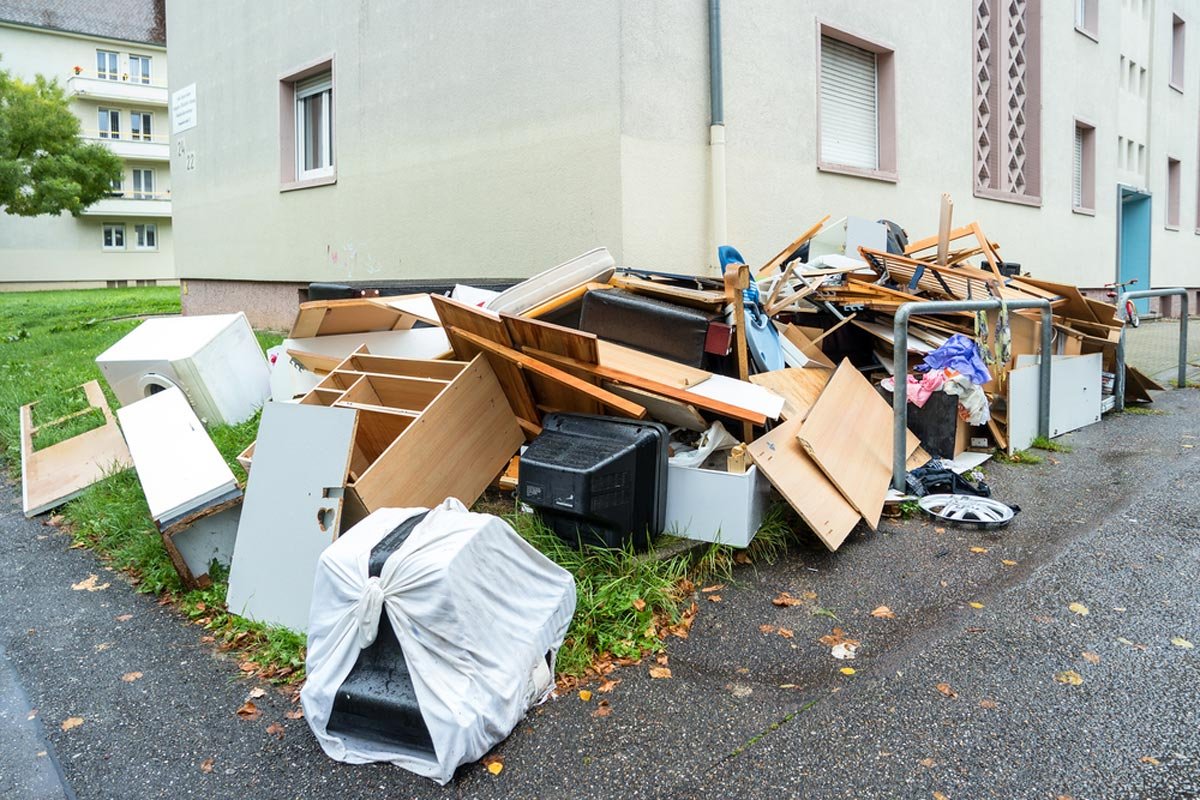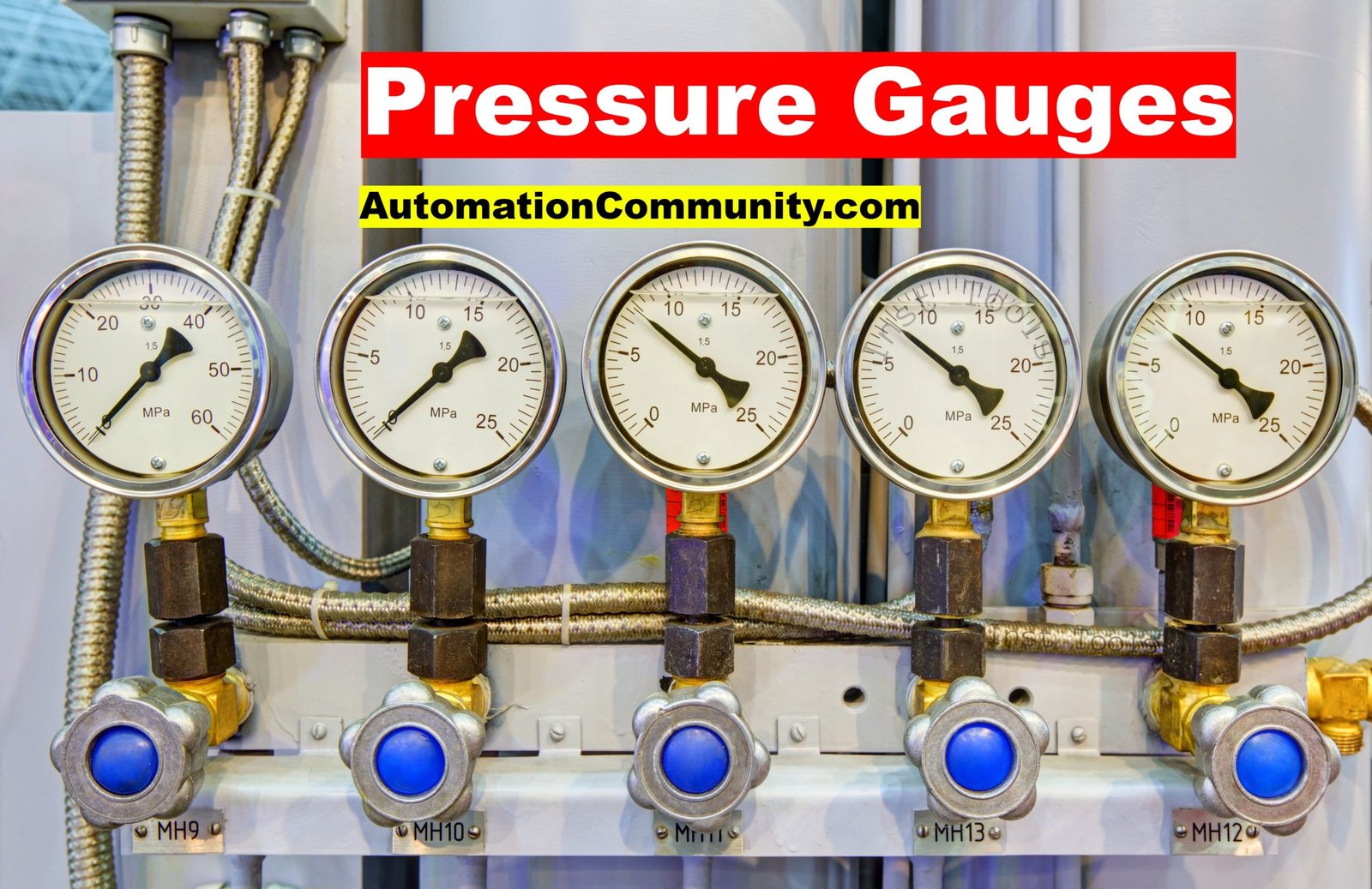Proper trash removal is crucial for maintaining clean and healthy environments, both in residential areas and commercial spaces. It involves the responsible disposal of waste materials to mitigate environmental impact and ensure public health and safety. This guide explores various aspects of trash removal services, including types of services available, methods of disposal, factors to consider when choosing a provider, and the benefits of proper waste management.
What is Trash Removal?
Trash removal refers to the systematic process of collecting, transporting, and disposing of waste materials generated from homes, businesses, and other establishments. It plays a vital role in preventing pollution, conserving resources, and promoting sustainable living practices. Improper trash disposal can lead to environmental degradation, contamination of soil and water sources, and health hazards for communities.
Types of Trash Removal Services
Residential Trash Removal
Residential trash removal services cater to households and typically involve regular pickups of household waste. Providers offer bins or containers for convenient disposal, ensuring that garbage is collected and transported to designated disposal sites or recycling centers. These services are essential for maintaining cleanliness and hygiene within residential communities, contributing to overall environmental health.
Commercial Trash Removal
Commercial trash removal differs from residential services in scale and scope. It addresses the waste management needs of businesses, industries, and large-scale commercial properties. These services often include specialized disposal solutions for various types of waste, such as hazardous materials or industrial by-products. Commercial trash removal services are tailored to meet regulatory requirements and support businesses in maintaining clean and compliant operational environments.
Common Methods of Trash Disposal
Landfill Disposal
Landfill disposal remains one of the most common methods of trash disposal globally. Landfills are designated areas where waste materials are deposited, compacted, and covered to minimize environmental impact. Modern landfills incorporate liners and monitoring systems to prevent groundwater contamination and methane gas emissions. While landfills provide a critical solution for waste management, they require stringent management practices to mitigate environmental risks effectively.
Recycling Programs
Recycling programs aim to recover and reuse materials from waste streams, reducing the amount of trash sent to landfills. Recycling conserves natural resources, reduces energy consumption, and decreases greenhouse gas emissions associated with manufacturing processes. Local governments and private entities often collaborate to establish recycling initiatives that encourage segregation of recyclable materials and promote sustainable waste management practices among residents and businesses.
Composting and Organic Waste Removal
Composting involves the decomposition of organic materials such as food scraps, yard trimmings, and biodegradable waste into nutrient-rich compost. Composting reduces landfill waste, enriches soil quality, and supports sustainable agriculture and landscaping practices. Organic waste removal services collect and process organic materials separately from regular trash, diverting them from landfills to dedicated composting facilities. These services play a crucial role in promoting circular economy principles and reducing greenhouse gas emissions associated with organic waste decomposition.
Factors to Consider When Choosing a Trash Removal Service
Location-Specific Regulations
Trash removal services must comply Trash removal with local regulations and ordinances governing waste disposal practices. Regulations may dictate the types of materials that can be disposed of, recycling requirements, and operational standards for waste collection vehicles and facilities. Customers should research and choose service providers that adhere to these regulations to avoid fines and penalties associated with non-compliance.
Cost and Service Options
The cost of trash removal services varies based on factors such as service frequency, volume of waste generated, and additional services offered (e.g., recycling, bulky item disposal). Customers can opt for one-time pickups or subscription-based services tailored to their specific needs and budget constraints. Comparing service options and obtaining quotes from multiple providers can help customers make informed decisions and select cost-effective waste management solutions.
Customer Reviews and Reputation
Assessing a trash removal service provider’s reputation and customer reviews is essential for ensuring reliable and efficient service delivery. Customer reviews provide insights into service quality, responsiveness to customer inquiries, and overall satisfaction with the service experience. Reputable providers prioritize customer service excellence and demonstrate commitment to environmental stewardship through transparent communication and community engagement initiatives.
Benefits of Proper Trash Removal
Environmental Benefits
Proper trash removal reduces environmental pollution by preventing littering and illegal dumping, preserving natural habitats, and conserving biodiversity. Effective waste management practices, such as recycling and composting, minimize resource depletion and promote sustainable use of natural resources. By diverting waste from landfills, communities can mitigate greenhouse gas emissions and contribute to global efforts to combat climate change.
Community and Health Benefits
Communities benefit from improved public health outcomes associated with clean environments and reduced exposure to hazardous materials. Proper trash removal enhances community aesthetics, fostering pride and engagement among residents. Well-managed waste disposal services support economic development by attracting businesses and promoting tourism in clean and vibrant neighborhoods.
Conclusion:
Proper trash removal is integral to maintaining clean, healthy, and sustainable communities. By understanding the types of trash removal services available, methods of disposal, factors to consider when choosing a provider, and the benefits of responsible waste management, individuals and businesses can contribute to environmental conservation efforts and promote a greener future for generations to come.











